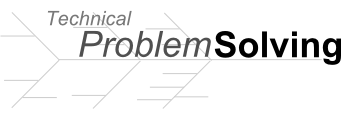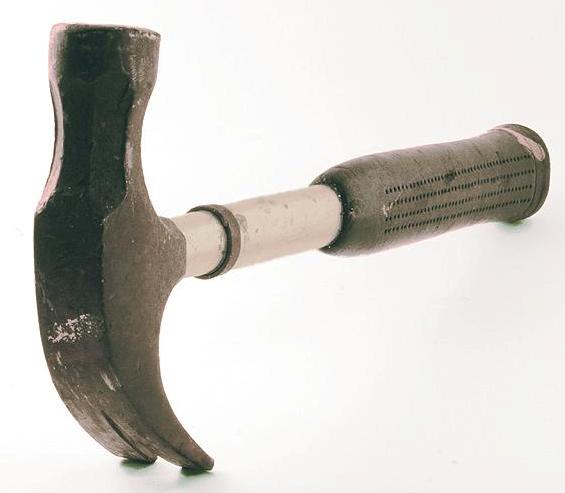- Overcoming mental blocks.
- Getting a fresh perspective on a problem
- Incubation
- Instant messages
- E-mail notifications
- Co-workers
- Phone calls
If you're a manager, make sure the people that work for you are free of interruptions. Perhaps designate certain time periods where people can be off the grid, focusing on the difficult problems. Then other times when interaction is encouraged. Both are important and so you need to make time for both.
If you're not a manager, perhaps block off time in your calendar, turn off the instant messaging and E-mail notifications so that you can't be bothered.
I wonder if anyone has ever studied the workplace and the amount of interruptions that modern day workers encounter and the effect on productivity. Although we're more productive today because of technological advances, we may now be turning the corner where we are becoming less productive due to the inability to focus on problems.




